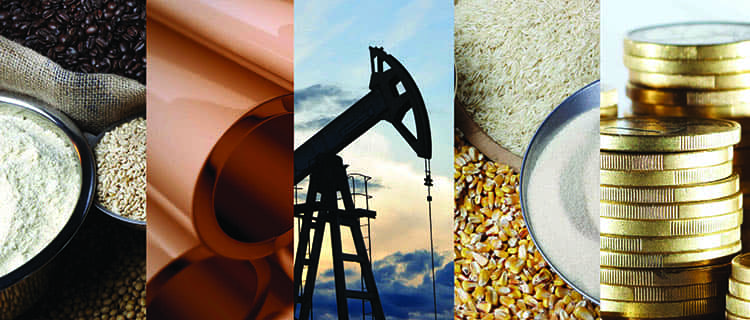
Commodities will face a challenging end to the year as geopolitical tensions and global demand uncertainty weigh on oil, copper and crop markets throughout December.
China’s zero COVID policy has quite a strong impact on the situation in the commodities market. Oil is practically falling for the third time in a week after plans to cap the price of Russian barrels did not work, while gas traders will keep an eye on the European supply situation.
Highlights next week include the latest on China’s manufacturing activity and America’s third-quarter GDP, as well as another speech by the Fed chairman, and the latest UN food cost data. It is also necessary to keep an eye on the US trade opinion on Chinese solar energy and the latest data on the reduction of lithium.
What to expect next?
November began with good sentiment from traders and investors regarding China’s exit from the strict COVID policy. The month is ending with the alarm that the new measures of restrictions will once again hit the demand for commodities.
Traders also need to watch how the authorities react in December and how key indicators work. Wednesday’s manufacturing PMI data should also confirm growing economic weakness.
The energy crisis in Europe is causing less panic than it did a few months ago, but as it gets colder, a lot is at stake. Oil traders are waiting for information about the planned restriction of prices for Russian oil.
Also important is that the EU is considering a broader energy package that includes capping gas prices. Meanwhile, peak demand is yet to come and temperatures will drop quite heavily next week, which could boost demand again, escalate global competition for gas and cause more volatility.
Learn how to trade soft commodities with Top Forex and CFD brokers
World food prices remained stable or slightly decreased in November. Supply of fresh crops in the Northern Hemisphere and the resumption of the Black Sea export deal are currently capping prices. Wheat futures fell this month, as did corn. And traders will monitor the weather. Heavy rains and flooding have already damaged Australia’s wheat crop.
Overall stocks of grains and oilseeds are limited, and any drought in Brazil in the coming months could reduce yields and cause shortages. The UN Food Index will be published next Friday.
The world’s largest solar producers will be closely watching developments in the US that could change the industry and exacerbate geopolitical tensions. Within a week, the US Department of Commerce is expected to release its initial findings on whether Chinese solar panel makers have managed to get around 10-year-old tariffs by assembling equipment in Southeast Asia.
Subscribe for our newsletter
Get Forex brokers reviews, market insights, expert analytics and education material right into your inbox for free!